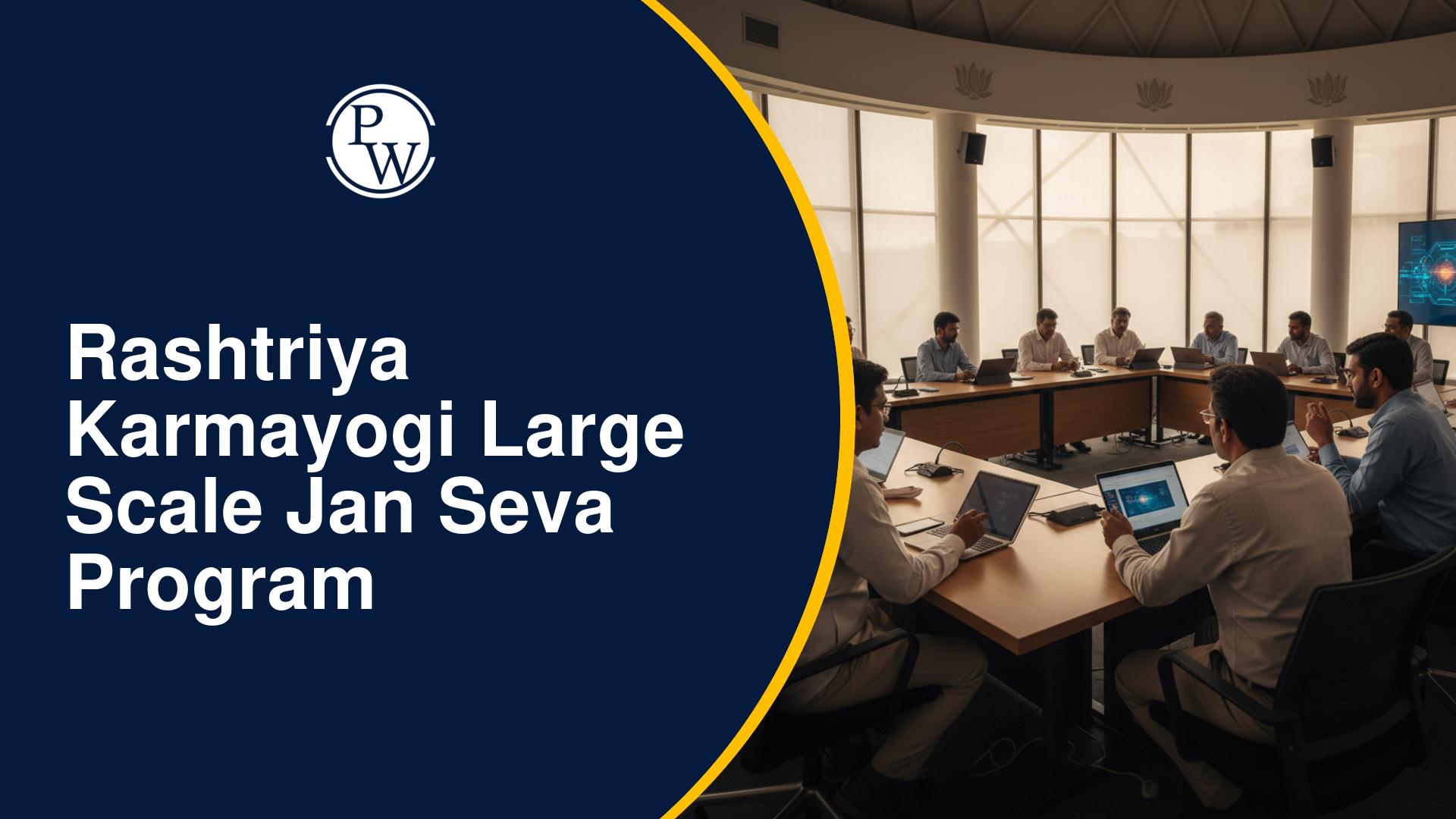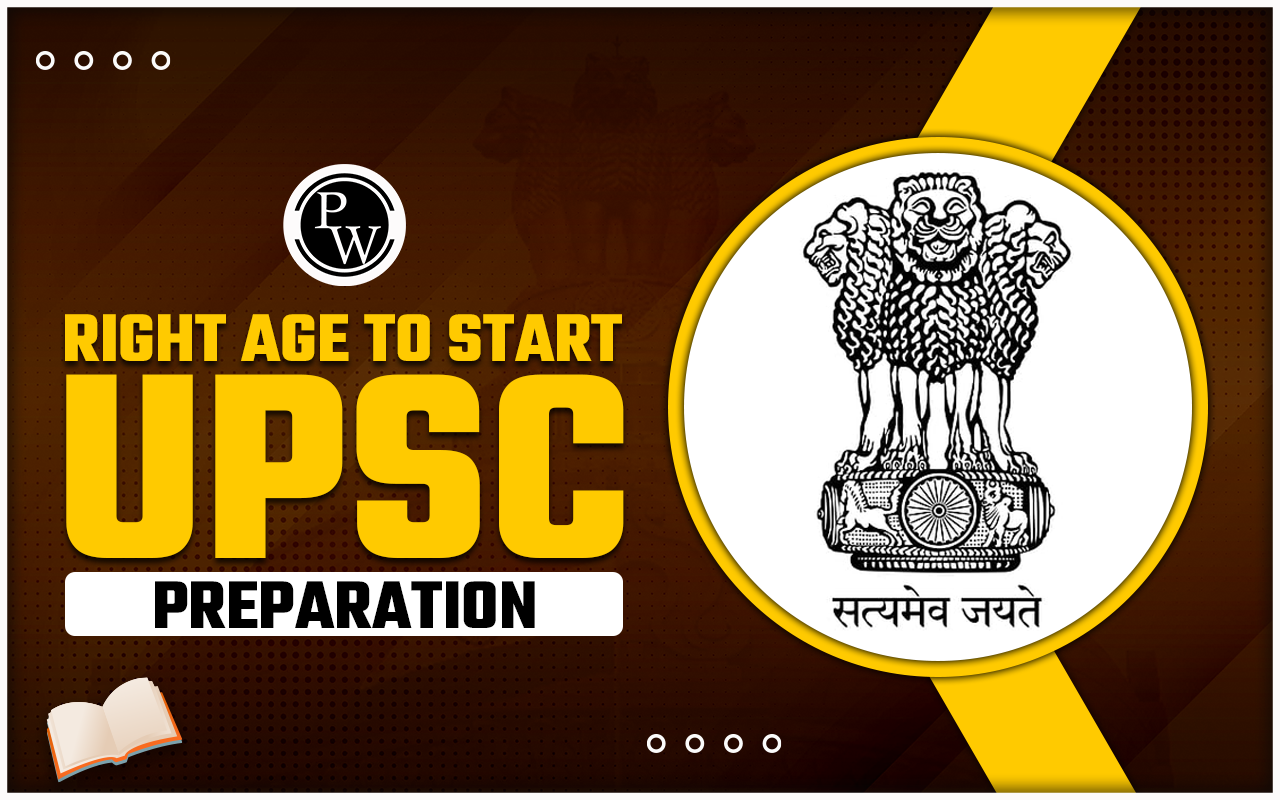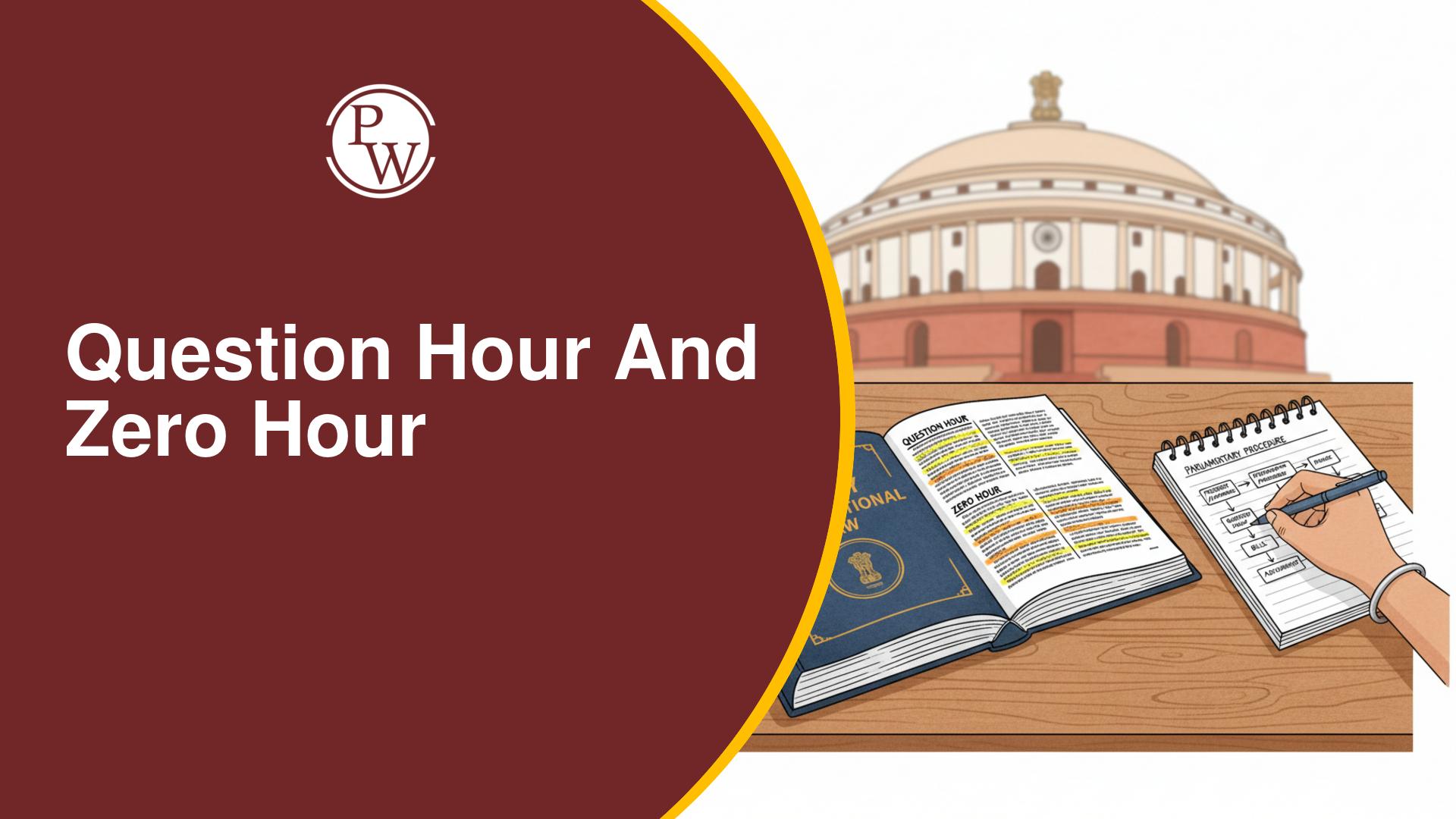
The Places of Worship Act , officially known as the Places of Worship (Special Provisions) Act, 1991, has recently become a subject of intense discussion in India. This law, which governs the status of religious places, plays a crucial role in maintaining communal harmony in a diverse nation like India.
Recent events, such as the Shahi Jama Masjid dispute in Sambhal, Uttar Pradesh, and the Supreme Court's decision regarding the Gyanvapi mosque in Varanasi, have brought attention to discussions surrounding this Act.What is the Places of Worship Act?
The Places of Worship Act, 1991 was enacted to preserve the secular nature of India and prevent religious conflicts. As a unique Place of Worship Law in India, it maintains the status of all religious places in the country as they existed on August 15, 1947 . This means that any place of worship that existed at that time must continue to remain in the same form, without any alteration to its religious character. This Act covers various religious sites, including temples, mosques, churches, gurdwaras, and other places of worship. The primary objective of the Act was to put an end to disputes related to the religious identity of these places by preventing the re-examination of their religious nature.What Was the Background of the Places of Worship Act?
The Places of Worship (Special Provisions) Act, 1991, was enacted to address communal tensions in India, particularly following the Ayodhya Ram Janmabhoomi dispute, which had fueled religious and political conflict. To prevent future conflicts and maintain peace, the Indian government introduced this Act to preserve the status quo of religious sites as they were on August 15, 1947.Key Provisions of the Place of Worship (Special Provisions) Act, 1991
The Places of Worship Act 1991 includes several critical provisions to ensure its effectiveness. These include:- Maintenance of Religious Character: The act prohibits altering the religious character of any place of worship as it existed on August 15, 1947.
- Bar on Legal Proceedings: Section 4(2) specifically bars the institution of any legal proceedings concerning the religious status of any place of worship.
- Prohibition of Conversion (Section 3): Prevents any conversion of a place of worship from one religious denomination to another or within the same denomination, whether partially or fully.
- Penalties : Violations of the act attract penalties, including imprisonment for up to three years and fines.
Exemption in Places of Worship Act
The Places of Worship Act 1991 includes an exemption clause (Section 5) that excludes specific disputes from its jurisdiction. The exemptions in this act are:- Ram Janmabhoomi-Babri Masjid Site: The act did not cover the dispute related to the Ayodhya Ram Janmabhoomi case, as it was already under litigation when the law came into force. This exclusion ultimately led to the Supreme Court's judgment in 2019.
- Archaeological Sites: Places declared as archaeological sites or ancient monuments or covered by the Ancient Monuments and Archaeological Sites and Remains Act, 1958 are exempt from the law.
- Settled or Resolved Disputes: The Act does not affect cases that were already settled or resolved before its enactment. It also excludes disputes that have been resolved through mutual agreement or conversions that occurred prior to the Act coming into effect.
Why Was the Places of Worship Act Introduced?
The Places of Worship Act 1991 was enacted during a period of significant political and communal unrest in India. The primary reasons for its introduction include:- Preventing Communal Violence: The law aimed to prevent disputes over religious sites from escalating into communal riots.
- Promoting Secularism: By preserving the status quo of religious places, the act upheld the secular principles of the Indian Constitution.
- Historical Context : In 1991, the Ram Janmabhoomi movement was at its peak, leading to heightened tensions. The act served as a preventive measure.
Why is the Places of Worship Act in the News?
The Places of Worship Act has been in the news due to recent controversies over its application. Former Chief Justice D.Y. Chandrachud suggested that examining the religious character of places might not violate the law. In August 2023, a Supreme Court bench led by him allowed a survey of the Gyanvapi mosque in Varanasi. Similar issues have also arisen with the Shahi Idgah mosque in Mathura. MP Jairam Ramesh described these remarks as "opening Pandora's box, " which has led to renewed disputes over sites like the Ajmer Dargah and the Shahi Jama Masjid in Sambhal, where claims have been made regarding their historical religious identities. On December 12, 2024, the Supreme Court directed lower courts to refrain from registering new suits or conducting surveys on places of worship until the matter is resolved.Challenges to Places Of Worship Act
The Supreme Court of India is hearing petitions challenging the constitutionality of the Places of Worship (Special Provisions) Act, 1991. The primary challenges faced by this act include:- Against Fundamental Rights: The Act goes against Articles 25, 26, and 29 of the Indian Constitution by limiting certain religious communities' rights to manage their places of worship.
- Historical Injustices: The Act has been criticized for its failure to address alleged historical grievances regarding the conversion of places of worship such as the Gyanvapi mosque case.
- Conflict with Other Laws : The Act's restrictions may conflict with other legal provisions, such as the right to property and the principle of justice, which could potentially limit an individual or community’s ability to challenge land or property disputes based on religious significance.
- Lack of Clarity: The Act's lack of clear definitions regarding "religious character" and the scope of its applicability has led to legal ambiguities, making it difficult for courts and parties involved in disputes to interpret and enforce the law effectively.
- Judicial Review: Critics argue that Sections 2, 3, and 4 of the act limit the judiciary's power to resolve disputes involving places of worship.
Conclusion
The Places of Worship Act, 1991 is an important law designed to maintain religious harmony by preserving the status of places of worship as they were on the day of India's independence . While it aims to prevent conflicts over religious sites, recent debates and court cases have raised questions about its interpretation and implications. ?si=SOKYxQfgP97vMZsw For more insights into Indian polity and governance, explore Physics Wallah UPSC Courses now!| UPSC Related Articles | ||
| Supreme Court of India | Mission Karmayogi | High Seas Treaty |
| Parliament Sessions | BRICS Summit 2024 | Anti-Defection Law |
Places of Worship Act FAQs
What is the Place of Worship Act in India?
The Places of Worship Act, 1991, is a law aimed at maintaining the religious character of places of worship as they were on August 15, 1947.
What are places of worship called in India?
In India, places of worship are known by various names based on religion, such as temples (Hindu), mosques (Muslim), churches (Christian), gurudwaras (Sikh), and dargahs (Islamic shrines).
What is the exemption of the Places of Worship Act?
The Act exempts ongoing legal cases that were already in litigation before 1991, such as the Ayodhya dispute, and places protected under the Ancient Monuments and Archaeological Sites and Remains Act, 1958.
What are the special provisions of places of worship?
The Act prohibits any conversion or alteration of the religious character of places of worship as they stood on August 15, 1947, and bars new legal cases challenging this status.
What is the right of worship in India?
The right to worship in India is protected under the Constitution as a fundamental right (Articles 25 to 28) ensuring freedom of religion and the right to practice and propagate one’s religion peacefully.
Talk to a counsellorHave doubts? Our support team will be happy to assist you!

Check out these Related Articles
Free Learning Resources
PW Books
Notes (Class 10-12)
PW Study Materials
Notes (Class 6-9)
Ncert Solutions
Govt Exams
Class 6th to 12th Online Courses
Govt Job Exams Courses
UPSC Coaching
Defence Exam Coaching
Gate Exam Coaching
Other Exams
Know about Physics Wallah
Physics Wallah is an Indian edtech platform that provides accessible & comprehensive learning experiences to students from Class 6th to postgraduate level. We also provide extensive NCERT solutions, sample paper, NEET, JEE Mains, BITSAT previous year papers & more such resources to students. Physics Wallah also caters to over 3.5 million registered students and over 78 lakh+ Youtube subscribers with 4.8 rating on its app.
We Stand Out because
We provide students with intensive courses with India’s qualified & experienced faculties & mentors. PW strives to make the learning experience comprehensive and accessible for students of all sections of society. We believe in empowering every single student who couldn't dream of a good career in engineering and medical field earlier.
Our Key Focus Areas
Physics Wallah's main focus is to make the learning experience as economical as possible for all students. With our affordable courses like Lakshya, Udaan and Arjuna and many others, we have been able to provide a platform for lakhs of aspirants. From providing Chemistry, Maths, Physics formula to giving e-books of eminent authors like RD Sharma, RS Aggarwal and Lakhmir Singh, PW focuses on every single student's need for preparation.
What Makes Us Different
Physics Wallah strives to develop a comprehensive pedagogical structure for students, where they get a state-of-the-art learning experience with study material and resources. Apart from catering students preparing for JEE Mains and NEET, PW also provides study material for each state board like Uttar Pradesh, Bihar, and others
Copyright © 2026 Physicswallah Limited All rights reserved.









